ReNatUrE: Restoration of urban ecosystems for biodiverse, liveable, and sustainable cities in Europe
Context
Urbanization is one of the key drivers of the destruction and degradation of nature and the decline of biodiversity, because urbanization continues to consume large areas of near-natural and agricultural land in all European countries. For this reason, we are obliged to protect and promote native species and native biodiversity in cities and other urban areas. In addition, urban greenspaces such as parks, green along infrastructures, road verges, gardens, and green roofs are of central relevance for human well-being due to their recreational function as well as several other important ecosystem services provided. However, degraded urban ecosystems fail on both, their ecological value but also their contribution to human wellbeing. Thus, the restoration of degraded urban green is essential to sustain and support healthy and biodiverse settlements (as has been shown by previous research).
Project Aims
The main project aim is to facilitate biodiversity and ecosystem services in urban areas by promoting urban ecosystem restoration and ecological enhancement in European cities. Therefore, the project will i) synthesize and evaluate different urban restoration approaches, ii) make efforts to overcome obstacles and challenges for stakeholders doing urban restoration, and iii) communicate strategies to improve urban green across Europe. The vision of the project is to contribute to making our cities and settlements not only more biodiversity-friendly and sustainable, but also more liveable for the human populations. Thus, this research and outreach project will further involve intensive stakeholder work in Switzerland, Hungary and other European countries.
-
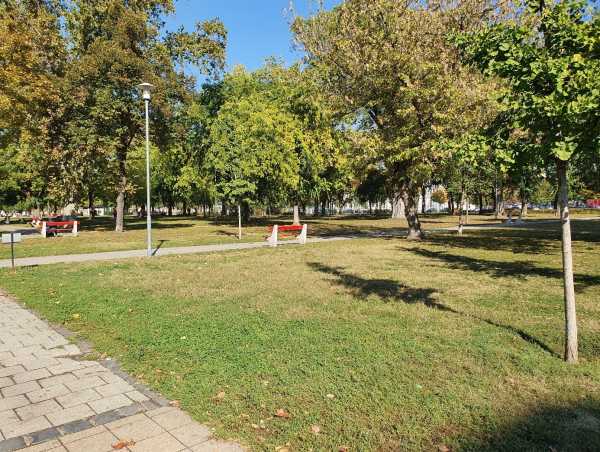
A monotonous park with intensive lawn management in Budapest, Hungary. -
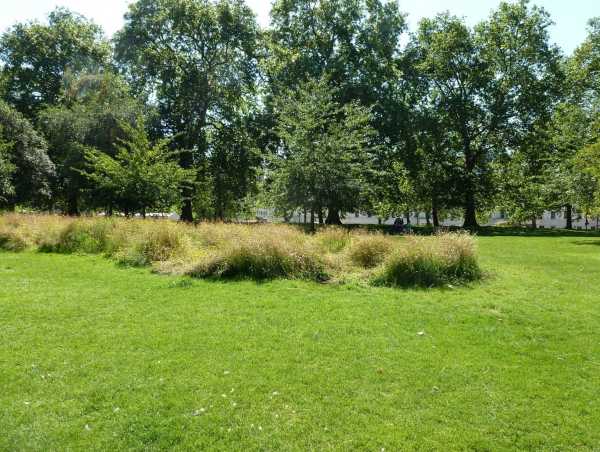
A wildflower patch to enhance insect abundance in London, UK. -
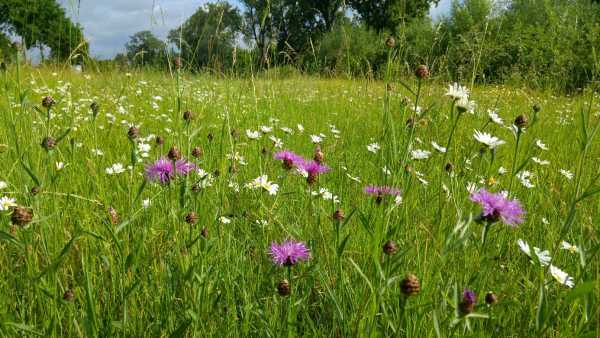
An urban lowland hay meadow of high conservation value in Münster, Germany. -
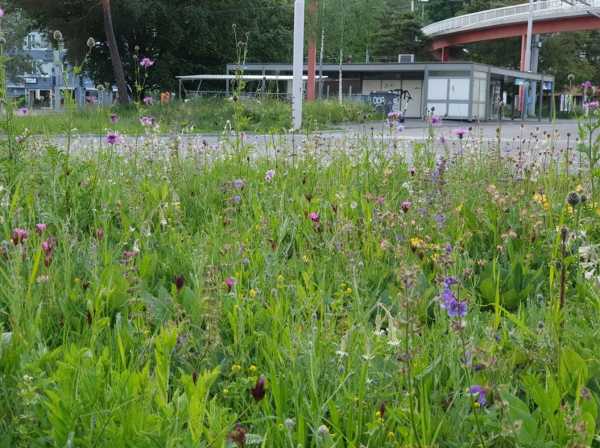
Small but herb- and flower-rich urban meadow in Zürich, Switzerland. -
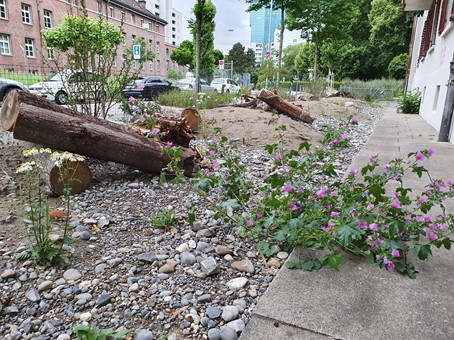
Newly created urban front yard with several habitat structures and nutrient-poor autochthonous soil substrate (Zürich, Switzerland).
Publications
Klaus VH (2023) Stadtnatur gewinnt - Wie sich die europäische Bevölkerung ihr Stadtgrün wünscht. Nodium 15: 50-55, DownloadPDF (PDF, 12.7 MB)vertical_align_bottom
Mayer P (2022) Akzeptanz für Wiesen mit Biodiversität schaffen. gplus 9/2022: 16-19 (Downloadarticle (PDF, 2.1 MB)vertical_align_bottom includes interview with Valentin Klaus)
